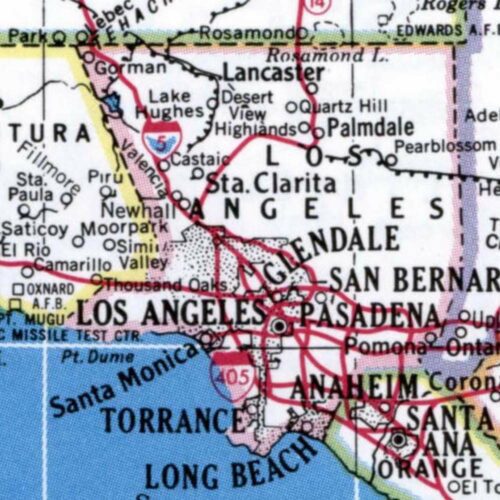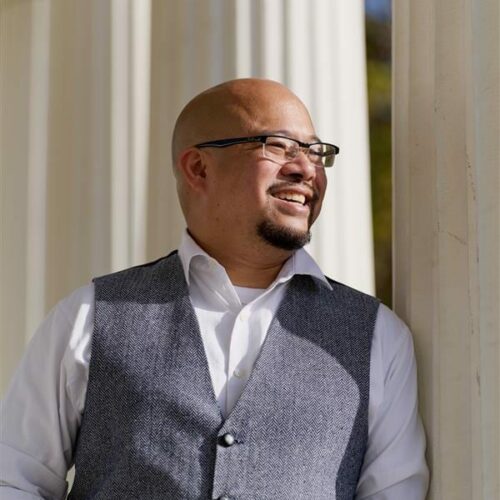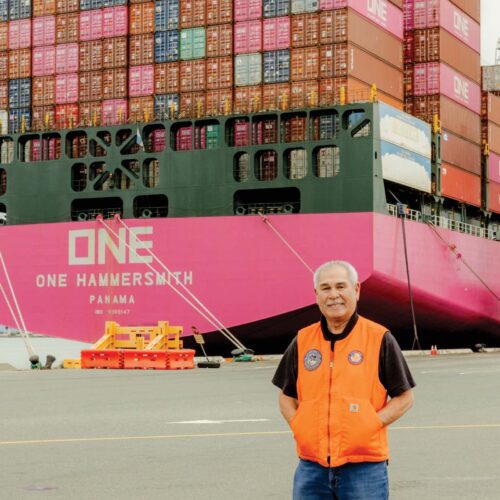
At Round Table Masonic Lodge, It’s On to the Next One
Round Table No. 876 performed 33 degrees last year. Only one of them was for a member of their own lodge.
By John L. Cooper III,
Past Grand Master
Not all the Founding Fathers of the United States of America were Freemasons, but quite a few were. And, those who were members of the craft may have been able to affect a greater influence because of their Masonic philosophy.
In his book, “Revolutionary Brotherhood: Freemasonry and the Transformation of the American Social Order, 1730-1840,” Steven C. Bullock notes the importance of Masonic ideas in the formation of the U.S. government. The American Republic was, above all, an idea – an aspiration that if given the chance a free populace could govern itself without falling into chaos and anarchy on one extreme, or despotism on the other. Freemasonry, says Bullock, was the inspiration for the extraordinary and successful attempt to transform a monarchial colony of a distant homeland into a self-governing republic.
The first American grand lodge was founded in 1733, so the fraternity was firmly established in the United States when the Constitution was written in 1787. Nine of its signers were Masons (others would later seek Masonic membership). Two of these Masons were so prominent that they truly encapsulated the spirit of the American Revolution and the creation of the American Republic: George Washington and Benjamin Franklin. Perhaps of all the delegates, these men supremely represented the values that inspired the Revolution itself – the capacity of a political society to govern itself.
According to Bullock, Masons’ role in the Constitution’s creation is no surprise. The political skills that propelled the colonies toward revolution and freedom were incubated in Masonic lodges in the years leading up to the American Revolution. Unlike most organizations of the day, Masonic lodges had honed the skills of self-government and had committed themselves to the principles that would prove to be indispensable in a republic. Among these were pledges to respect every member’s equality; to ensure every member could present his views without interruption; to treat every member fairly and with the standards of due process; and to practice leadership rotation and representative government. These values were exactly those needed by a self-governing society in order to avoid falling into anarchy or despotism.
The keystone of Masonic influence was the ideal of equality, regardless of birth or wealth. Bullock writes:
Just as it illuminates the zones of participation and freedom that constitute liberty, Masonry also reveals crucial changes in the ideal of equality. Masonry’s first century [1717-1817] spans the period when equality became a central and explicit national value. The fraternity served as a focal point for this transformation from a hierarchical society of superiors and inferiors to a republican society of independent citizens.
It has taken time for the American Republic to realize in full the ideal outlined here, but every generation has added to this aim. Freemasonry has served as a wellspring, a guiding hand along the way.
That the U.S. is one of the oldest self-governing nations in the world is attributable to the commitment of our Founding Fathers to the principles fostered in Masonic lodges before the birth of our nation. Masons’ leadership in our country’s formative years was crucial to the enunciation of these principles in the Constitution itself. The influence of the nine Masonic Founding Fathers was profound, stretching far beyond proportion to their numbers.
Though these inspiring words, as articulated in the Declaration of Independence, are not explicitly in our Masonic ritual, the ideal behind them surely is:
We hold these truths to be self-evident, that all men are created equal, that they are endowed by their Creator with certain unalienable Rights, that among these are Life, Liberty and the pursuit of Happiness. — That to secure these rights, Governments are instituted among Men, deriving their just powers from the consent of the governed…
Permission to reprint original articles in CALIFORNIA FREEMASON is granted to all recognized Masonic publications with credit to the author, photographer, and this publication. Contact the editor at editor@freemason.org.

Round Table No. 876 performed 33 degrees last year. Only one of them was for a member of their own lodge.


How one Bay Area Mason’s connection to his brother in the Philippines inspired him to give back.